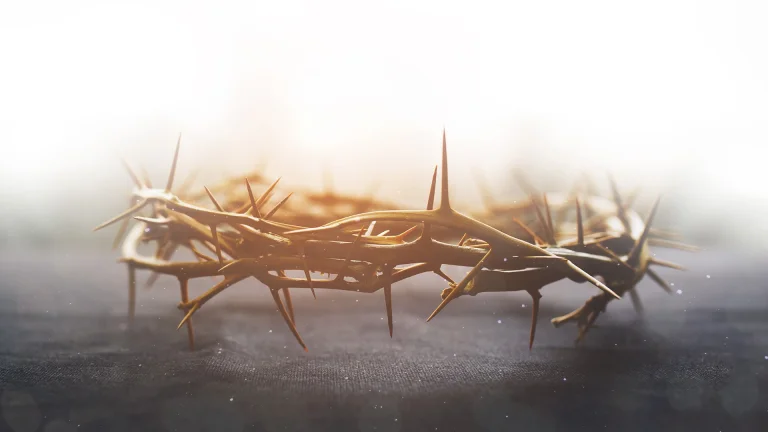Yoma 39b, a Talmudic text within Rabbinic Judaism, has been historically interpreted by some as a reference to Jesus and his crucifixion, suggesting a connection to the cessation of sacrifices in the Temple. However, from a Christian theologian’s perspective, it is essential to explore alternative interpretations and consider other factors that might have contributed to the end of sacrifices.
Alternative Explanations:
- Historical Context: It is crucial to understand the historical context surrounding the cessation of sacrifices. The destruction of the Second Temple in 70 CE by the Romans played a significant role. The devastation and subsequent exile of the Jewish people led to the discontinuation of sacrificial practices, as there was no physical Temple to conduct them.
- Theological Evolution: Within Judaism itself, there was a theological evolution occurring during the Second Temple period. Some Jewish sects and thinkers were moving away from a strict reliance on Temple sacrifices as the exclusive means of atonement. Theological developments within Judaism itself could have contributed to a diminished emphasis on sacrificial rituals.
- Prophetic Tradition: The Hebrew Bible contains various prophetic texts that hinted at a shift away from ritual sacrifices. For instance, Hosea 6:6 emphasizes mercy over sacrifice, indicating that God desires compassion and acknowledgment over mere ritual observance.
- Symbolic Nature of Sacrifices: From a Christian perspective, the sacrificial system in the Old Testament is often seen as a foreshadowing of the ultimate sacrifice of Jesus Christ. The New Testament presents Jesus as the Lamb of God whose death fulfills the sacrificial system, rendering further animal sacrifices unnecessary.
- Divine Judgment and Repentance: Yoma 39b may be interpreted as a reflection on divine judgment and the need for collective repentance. If the text refers to a historical event, it could be highlighting the consequences of societal disobedience rather than directly linking it to Jesus’ crucifixion.
While Yoma 39b has been considered by some as a reference to Jesus and the subsequent cessation of sacrifices, alternative interpretations exist within both Jewish and Christian theological frameworks. Understanding the historical context, theological evolution, prophetic tradition, and the symbolic nature of sacrifices can provide a more nuanced perspective on why sacrifices may have ceased. Examining Yoma 39b from these alternative viewpoints encourages a richer dialogue between different faith traditions, fostering a deeper understanding of the complexities surrounding this historical period
